
Infants are precious, curious and they crave connection. Raising an infant is about presence – head, heart and hands. Go slow, be patient, listen and observe.
CARE ROUTINES
Care routines are the most crucial times for connection. Care routines create opportunities to build your relationship and connect with the child, one on one, face to face. It is during these times we must be fully present. Turn your mind off. Now is not the time to be thinking about what’s for dinner, where you are going on the weekend or your latest Instagram post. Feeding a bottle, changing a nappy or putting in to bed…. your focus should be FULLY on the child. Be present, listen, talk smile and interact. Be with the child, fully.

“When you hold an infant, hold him not just with your body, but with your mind and heart”
-
– Magda Gerber
COMMUNICATION
Care routines are the time to communicate and connect. Sign language is a great way to foster communication and understanding.
Sign language promotes connection and understanding and is a great way to foster communication. There is a myth that using sign language can hold children back from speaking, but it is actually the opposite. You say the words as you sign, there is a connection made, the child understands what you are asking and they can then respond.
Start with simple relevant signs such as ‘bottle/milk’, ‘sleep’ and ‘nappy’.
When you have these sorted, you can go on to learn more signs such as ‘more’, ‘finished’, ‘food’, ‘drink’ and ‘hurt’.
I recommend this book on Baby Sign by Karyn Warburton. Simple illustrations and a helpful index. You could also use New Zealand Sign Language for the same effect.
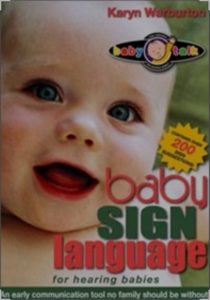
There is nothing more powerful than when an infant can ask what they want before they can actually speak verbally. This will help you, and others, connect and understand the child. It’s such a great tool. Learn a sign language that is right for you and your family and use it consistently.
BEING CONSISTENT
When it comes to routines and rituals, it is important to think about your expectations for this child at 6months, 12months and 2 years down the track. What you do now has an impact on their expectations from you and other adults later. The ability to self settle is empowering. Teaching this and believing in the expectation will set them up for positive sleep patterns later. Particularly important for children who will be cared for by others.
Be consistent, be present and be strong. ‘Baby Wise’ by Robert Bucknam and Garry Ezzo, has some great tips for teaching self settling. Do what you mean to continue, trust in the ability of the child and through your interactions and expectations, foster indepedence and empowerment.
PLAY TIME
A childs play time is a time for the child to learn, explore, and just be. Allow them the space to do so. You fill them with connection and communication during their care routines, and let’s face it that happens consistently through the day, but their brain also needs this time for free, uninterrupted play. Play time is not when we get in their space, solve their problems, share our opinion and feed them with irrelevant mumbo jumbo – ‘baby talk’, ‘hot air’ or talking just to break silence. This is when their space should be totally respected as they take ownership of their learning, at their own pace. Allow them the opportunity to explore their own body, how it moves, its strength, its ability. Let them be. Stop fussing. Please!
Challenge yourself to sit back and watch. Allow them to work through their frustrations. Give them the space and freedom to explore their body and its abilities. Bite your tongue if you have to.
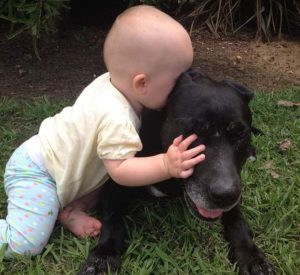
“Observe more, do less”
-
– Pennie Brownlee.
Check out Pennies article titled ‘Ego and the baby’ @ https://penniebrownlee.weebly.com/articles.html
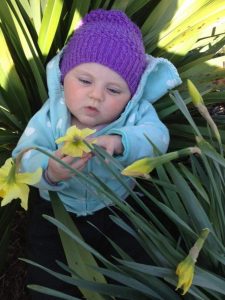
-
“What is important is that we learn what is essential. What is essential is to observe… then you will respond in the right way”.
-
– Dr. Emmi Pikler
LEARNING EXPERIENCES
There will be times where infants seek connection when not at a care routine, where they won’t settle in to their space of play. Be sure to think before you speak and keep these interactions meaningful.
Here are some simple connection experiences for you…
-
Sit together in the grass. Notice the smell, listen to the sounds, feel the grass and watch the trees.
Give your child a Foot massage… you can talk about their toes, feet, legs. Move their legs, work their muscles and allow them to feel their body.
Provide different materials for sensory exploration – fur, wool, silk, wood, cotton. You can talk with them about how these feel, or simply watch how the child responds to each one.
Lay on the floor with them and read a book or tell an imaginative story.
Play a variety of world music and watch their response. Explore rhythm with some instruments.
Lay/stand a mirror so the child can look at their reflection, their face features and the way their body is moving. Lay alongside then so they can see you in there too. Hours or fun and learning.
Do yoga where they can see you.
“An infant always learns. The less we interfere with the natural process of learning, the more we can observe how much infants learn all the time.”
-
– Pennie Brownlee

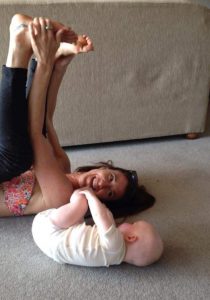
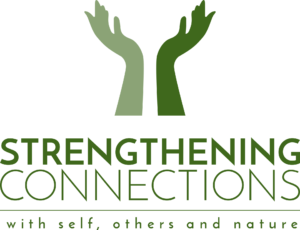
I hope to read more inspirational words
Thank you for taking the time to share your message. If there ya a specific topic you would like to read more about, please let me know and I’ll do my best to share some more words of inspiration
Much love